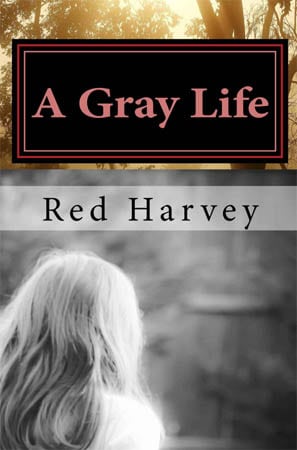Being a writer is comparable to the work of a painter in terms of designing a special universe in which the
audience is able to lose itself. Creative people appear to be wizards because they form
grotesque stories out of nothing. Still, they are human beings who have their
own baggage of puzzles, resulting in grievances or thoughts holding one
down from doing the job: writing. In fact, authors often struggle with the concept of an
idle page, with the construct of story writing
format, and failure to love their own art. However, all writers experience similar feelings.
Today, we are going to lift the veil on ‘how
to write a story’, along with the major challenges arising during the
process of creating.
Writer's Block
Unfortunately, this problem is the most common to creative people, especially writers. At the same time, it’s normal, as you cannot simply have your inspiration overflowing all the time.
So, you wake up, day by day, with no creative ideas, and all
you want is to push this aside and write, but you can't. You feel totally crushed, and certainly,
not in the mood for constructing any valuable content. Such writer's block can be
very risky, especially if this emotional state persists. Frequently, such trouble occurs when you are sitting still. To fight this, engage in sport activities. Make sure you are getting enough workouts; it will not only
make you strong, but also set your mind in the right direction. Walk outside,
meet with friends, and have fun. You will be surprised at how productive you
are at the end of the day, and creative
writing ideas will come naturally.
You might be assured that you are
skilled enough, but still be out of plan or writing ideas, because
writing a story is much harder than writing an essay. No worries, it’s a regular thing among contributors, and the good news here is that there is always a solution.
Creative writing is based on
two points: observation and reading.
Admire sights around you, be it trees or any other part of nature.
Read and discover everything that comes your way. Reading is an elixir to the
poverty of sense.
Being timid and doubtless
These are the main problems which may afflict a novelist. No matter how much experience you have or how
valuable your skills , you cannot move on until your confidence with the subject builds. Removing doubt is not only about being aware, it is also about being prepared to claim your own worth.
In case you cannot quiet the crippling voice of disbelief inside,
another thing to remember is to find a person who will understand and support you.
This individual will help you accept yourself and think big. Also, and this is important...join writing groups or writing courses to get acquainted with someone who can be
your ‘champion’ and, in turn, can champion you.
A so-called ‘perfect style of
everything’
Everything
starts before you take a pen or press a button on a keyboard. You try to draw
an ideal picture in your imagination, and you never find it possible to transfer the right meaning. It is all about perfectionism, and the whole nine yards. Many people have
a battle with the peculiarities of perfectionism, and this is why a short story may take two months to write. The reason for such procrastination is that the artist prefers not to release anything to the
audience until it's fully edited and "perfect", and sometimes, this can be our
undoing. Do not be afraid to free write, and then improve upon it later. You'll be amazed at how much writing you get done.
Fear of rejection
It
is the consequence of being criticized by the society or even your followers.
You might be overwhelmed by the emotional breakdown. The first step is to
realize that it is just a feeling, not a reality. Surround yourself with
devoted friends who can help you build fortitude and work on reconstructing
your self-assurance.
In
fact, there are no perfect “fit-all” story
writing tips. There is only self-confidence, getting things done,
and being focused. The key to getting more done is to concentrate.
_________________________________________________________________________________
Contact Jeremy Raynolds at jeremyrray89@gmail.com




 , so click
, so click 



.jpg)
